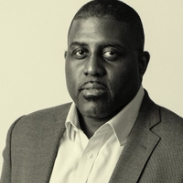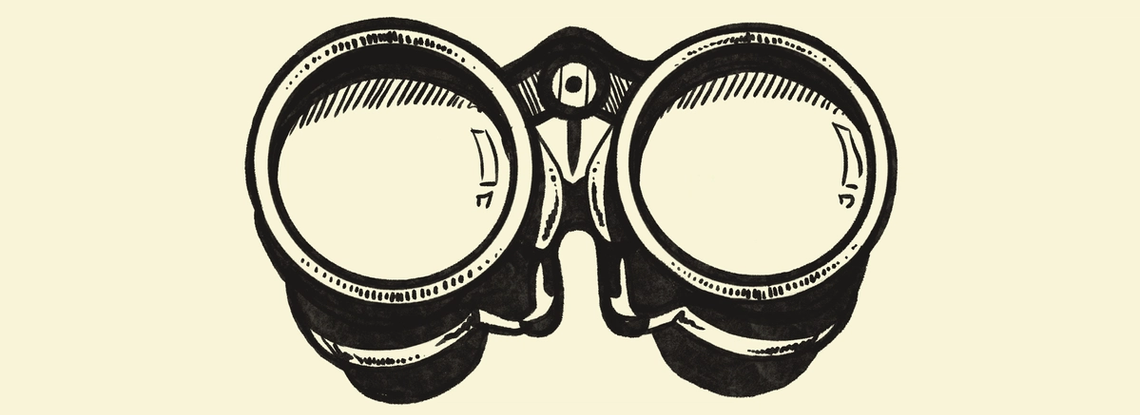 Barbara Debout/AFP via Getty Images Barbara Debout/AFP via Getty ImagesTHE SCENE ADDIS ABABA — Last month, in a post on X (formerly Twitter), I made an open offer. I called for anyone to send me a private message if they knew someone who urgently needed essential medicine to be brought from Kenya to treat a chronic illness. I was set to attend the African Media Festival in Nairobi. I was overwhelmed. Among many, I received requests for medicine for all kinds of illness ranging from cancer to diabetes, as well as insulin and over the counter pain medications that are readily available in Kenya, but not in Ethiopia. I was able to assist about half of the nearly two dozen people who approached me on social media with requests. I knew none of them, beyond exchanging a few messages on social media. But it was clear that many were desperate to help themselves or loved ones. It cost a total of approximately $500. To help me expand my reach, I was financially supported by someone I met through a direct message on X who works with an international organization based in Addis Ababa, who volunteered to partially cover the cost. I heard from people from all walks of life: rural and urban, young and old, rich and poor, and those in between. They narrated how difficult it has become to obtain basic healthcare in Ethiopia, amid a biting shortage of essential medicines. To me, this is a small glimpse at the people suffering in silence in a country where potentially lifesaving basic medicine is a far-fetched dream for many. Ethiopia, like many African countries, has a high dependence on imports to maintain its medical supply chain. It is currently grappling with a chronic foreign currency deficit which has made it hard to secure the dollars needed to import goods. The situation has forced many importers to rely on contraband medicines. The prices are exorbitant, since they are based on the black market currency exchange rate that is trading at double the official rate. The market is also awash with counterfeit products that are of substandard quality. | 










